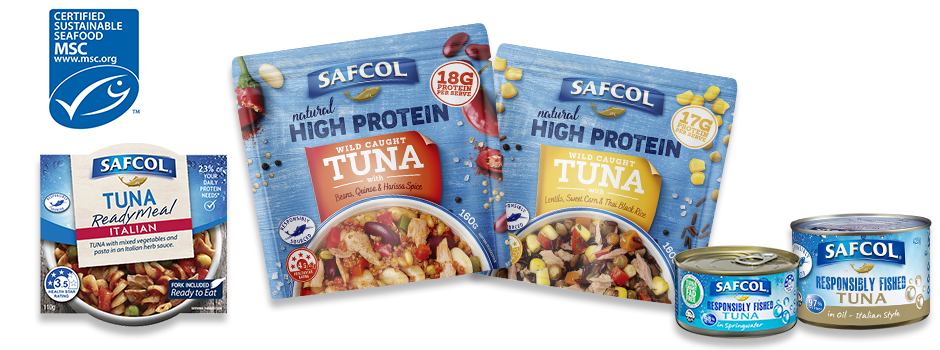Seafood may reduce your risk of inflammatory bowel disease
Posted on : February 22, 2021
by Ashleigh Feltham
Accredited Practising Dietitian and Accredited Nutritionist
The powerful anti-inflammatory effects in seafood are well known. This is primarily due to seafood being a great source of omega-3 fat. This anti-inflammatory property in seafood may promote health and keep your body in balance from a health perspective. Did you know that these anti-inflammatory effects also benefit your gut health? Studies have shown that seafood may help to reduce your risk of Inflammatory Bowel Disease (IBD), specifically Ulcerative Colitis (UC) and Crohn’s Disease (CD).
Inflammatory bowel disease affects over 75,000 Australians. IBD can affect anyone at any age but most commonly begins between the ages of 15-30 years. The difference between UC and Crohn’s Disease is that Crohn’s can affect all the layers making up your bowel and any part of your digestive tract from your mouth to your anus. UC affects the lining of your large intestine and rectum.
Common symptoms of people suffering from IBD (which includes Ulcerative Colitis and Crohn’s disease) include:
- Malnutrition
- Nausea
- Weight loss
- Pain in the stomach area
- In children, it can slow or impair their normal growth.
- Lethargy
- Diarrhoea
- Constipation
Diet is one component that can increase or decrease your risk of developing inflammatory bowel disease. Pro-inflammatory foods like excess red and processed meats, refined grains, ultra-processed foods (think the chips aisle in your supermarket for this group) as well as high energy drinks like soft drinks all increase your risk of IBD. These pro-inflammatory foods do this by promoting pro-inflammatory markers in your gut causing havoc on the homeostatic or healthy balance, within your digestive tract.
Anti-inflammatory foods like tea, coffee, yellow and green leafy vegetables, and seafood like Safcol Seafood all have the opposite effect and promote a balanced healthy state in your gut. You do not need to quit all pro-inflammatory foods but be mindful of their effects. Aim to make your diet mostly from whole foods like wholegrains, fruits and vegetables, nuts and seeds, legumes, tofu, eggs and dairy. As well as lean meats with only moderate amounts of red meat aiming for no more than 350g-500g a week and remember to include seafood 2-3 times a week.
Take home message
No food is inherently good or evil. Just remember that some foods have a moderate place in your diet while others can be enjoyed as a daily inclusion.




